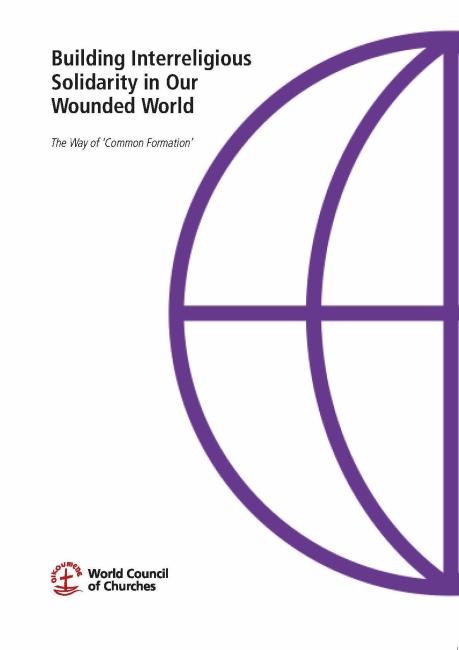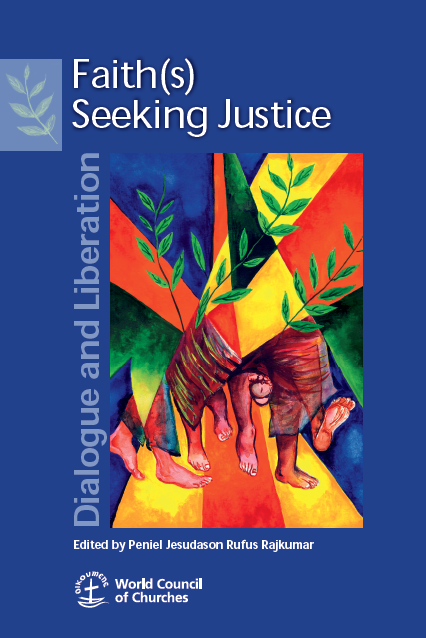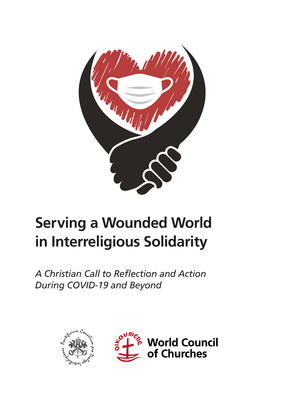Displaying 1 - 20 of 56
Jerusalem - Walking in the Footsteps of Jesus
30 March 2021
The Mount of Olives - Walking in the Footsteps of Jesus
30 March 2021
Jericho - Walking in the Footsteps of Jesus
30 March 2021
Serving a Wounded World in Interreligious Solidarity
A Christian Call to Reflection and Action During COVID-19 and Beyond
25 October 2020


